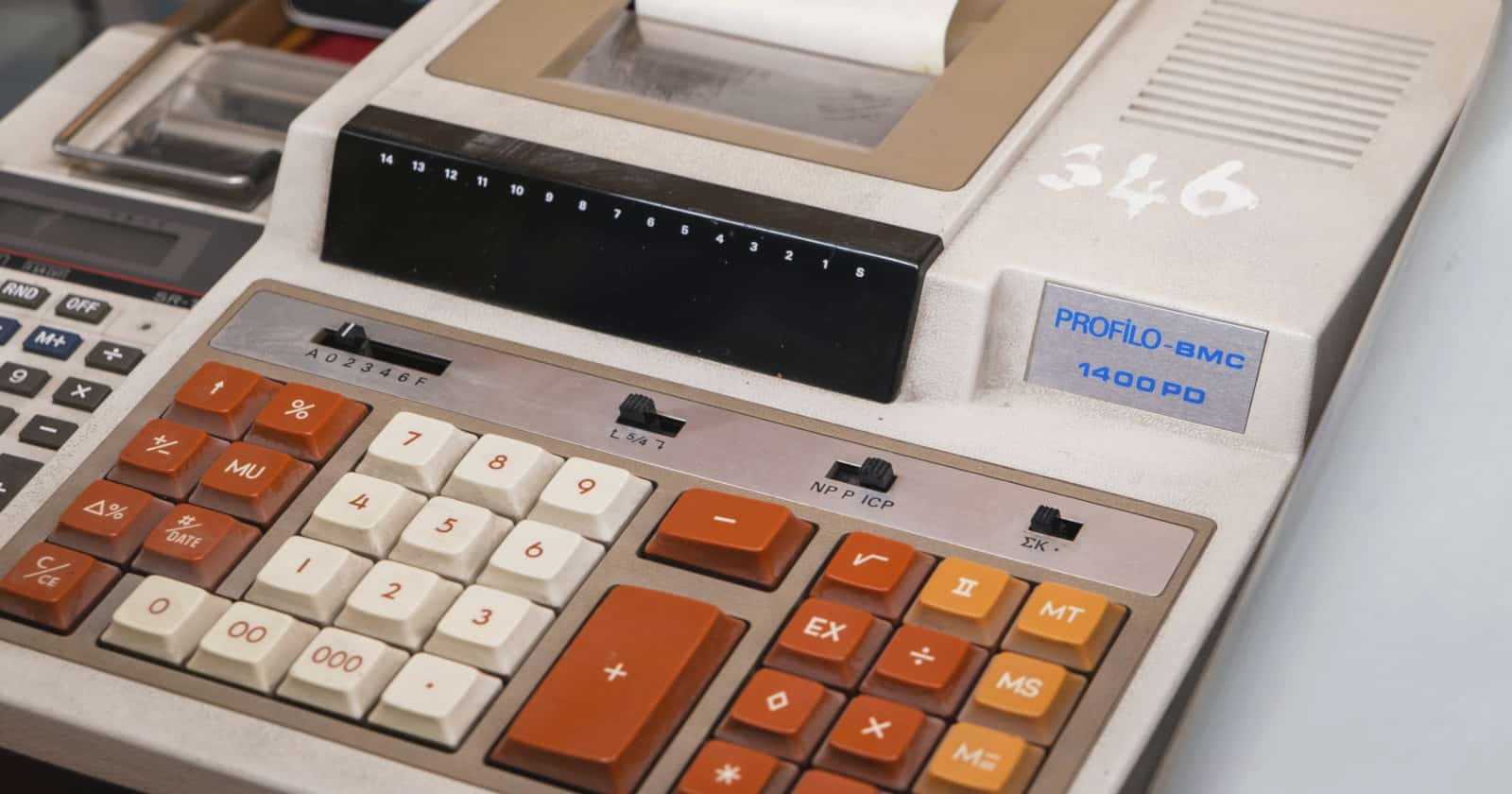
The Powerball lump sum is calculated in two stages.
Firstly they determine the basic lump sum amount (which I’ll explain in a moment). Then taxes are applied after that.
Just to be clear this is for the US Powerball. Other countries that have a Powerball game may simply pay out the advertised sum without any adjustments or taxes.
How Does the Powerball Lump Sum Work
When you win Powerball the lump sum payout is actually the amount it costs them to buy the annuity (which is not a fixed rate).
If you choose the annuity (yearly payments) option it’s not the lottery company themselves that pay this yearly prize to you. What they do is make a one-off payment to fund the investment that produces those yearly payments. This is a Government backed investment managed by a finance company, so pretty safe then. 🙂
The jackpot fund (a portion of all ticket sales since it was last won) determines what both amounts will be. The ‘lump sum payout’ is simply the total in the jackpot fund after ticket sales close. The advertised jackpot is how big an annuity that lump sum can buy – based on current rates. Or in other words the total the yearly payments add up to.
The lump sum is often quoted as being ‘about 70%’ of the advertised jackpot amount. And it usually is in that ballpark area. But this is not a fixed percentage. The annuity price varies according to the general interest rates at the time (as set by the Federal Reserve). So the lump sum payout rate can, and does, change over time.
Which means even if the advertised Powerball jackpot from 2 different draws is exactly the same amount, the lump sum payout can be different.
The idea of this is that the cost to the lottery company is the same. Regardless of which option the prize winner chooses.
State and Federal taxes are then calculated against this lump sum payout amount. The tax deducted varies by State and your own personal circumstances. But this finally reaches the amount of that jackpot that actually hits your bank account.

Interesting. Some “so called financial advisors” say if I won the jackpot that I should always take the lump sum. Do you agree with that?
Personal opinion, yes, as it does give you a lot more flexibility. You don’t have to spend it all at once. 😉
Some people have a hard time coping with large sums of money like this though. Which is why you get the odd ‘lottery winner losing it all’ type story. It tends to reflect how we handle money before having it. So people who aren’t good with money may be better suited to the drip-fed annuity option.
But not a financial advisor.
Thank you for your answer and I agree with your logic.
I am curious about which comes first the chicken or the egg with respect to the Powerball grand prize dollar amounts. What I assumed is that the lump sum would be the basis for the starting point and that this lump sum was equal to the number of tickets sold (before a win) times a fixed amount per ticket (say 25 cents) i.e. a starting prize pool. Then the 29 year payout would be based on this amount (which would be invested) and would change based on the interest rates the day of the draw. But your article implies that the calculations start with the 29 year payout number and the lump sum is calculated from that number. So where does the 29 year payout number come from?
Once the jackpot has been won it starts over at $20M (in the rules but can be changed), then builds from there. A portion of the ticket sales each draw are allocated to the jackpot prize fund. So ticket sales determine how fast it builds up as it rolls over. But they don’t display the jackpot fund (lump sum) amount, they advertise the annuity figure. Which is always referred to as an estimated jackpot, because the final figures aren’t yet known. So the 29 year figure (annuity) is estimated from the current jackpot fund and revised as ticket sales come in. So you are right – I think I need to make that much clearer. 🙂